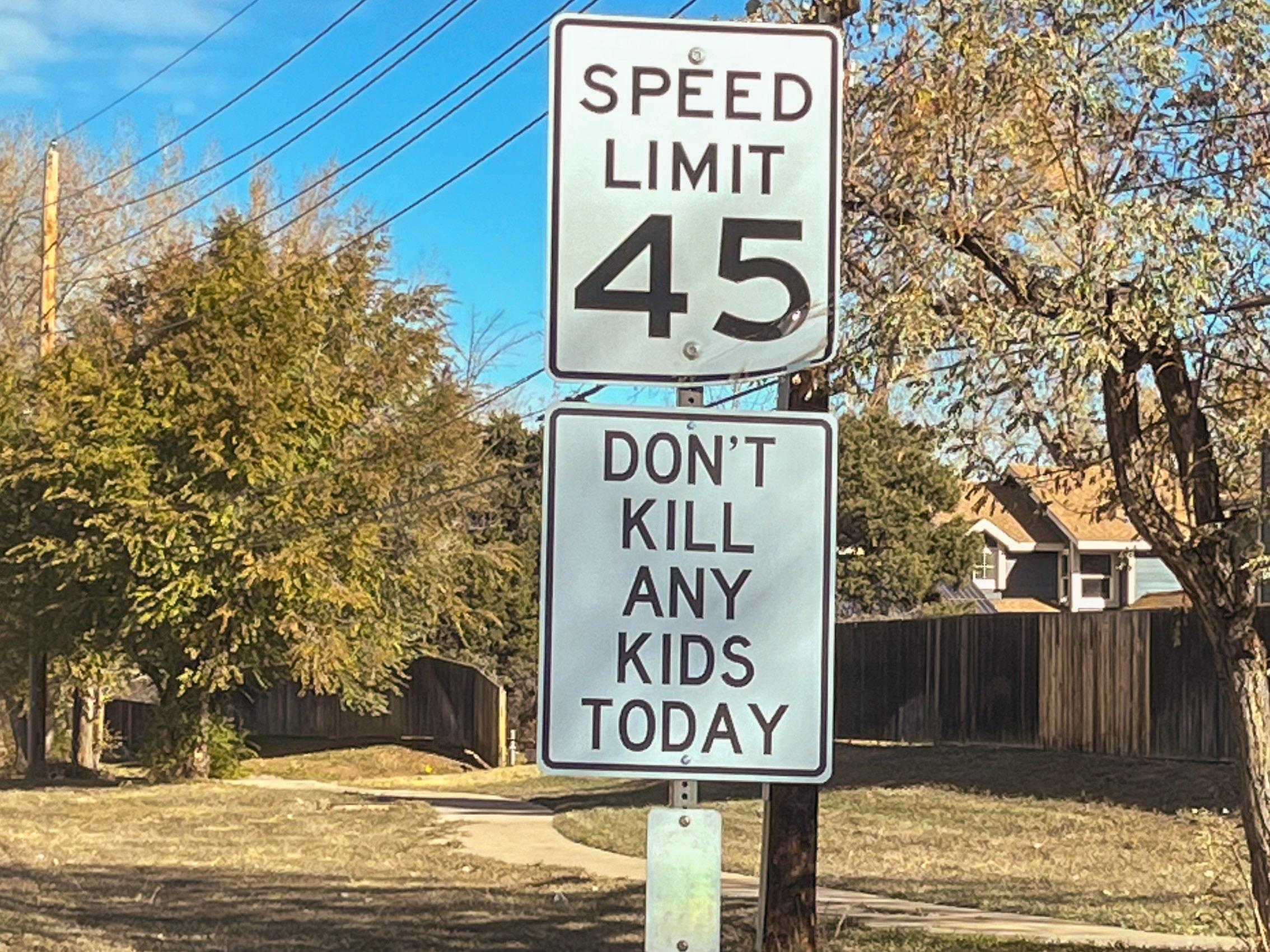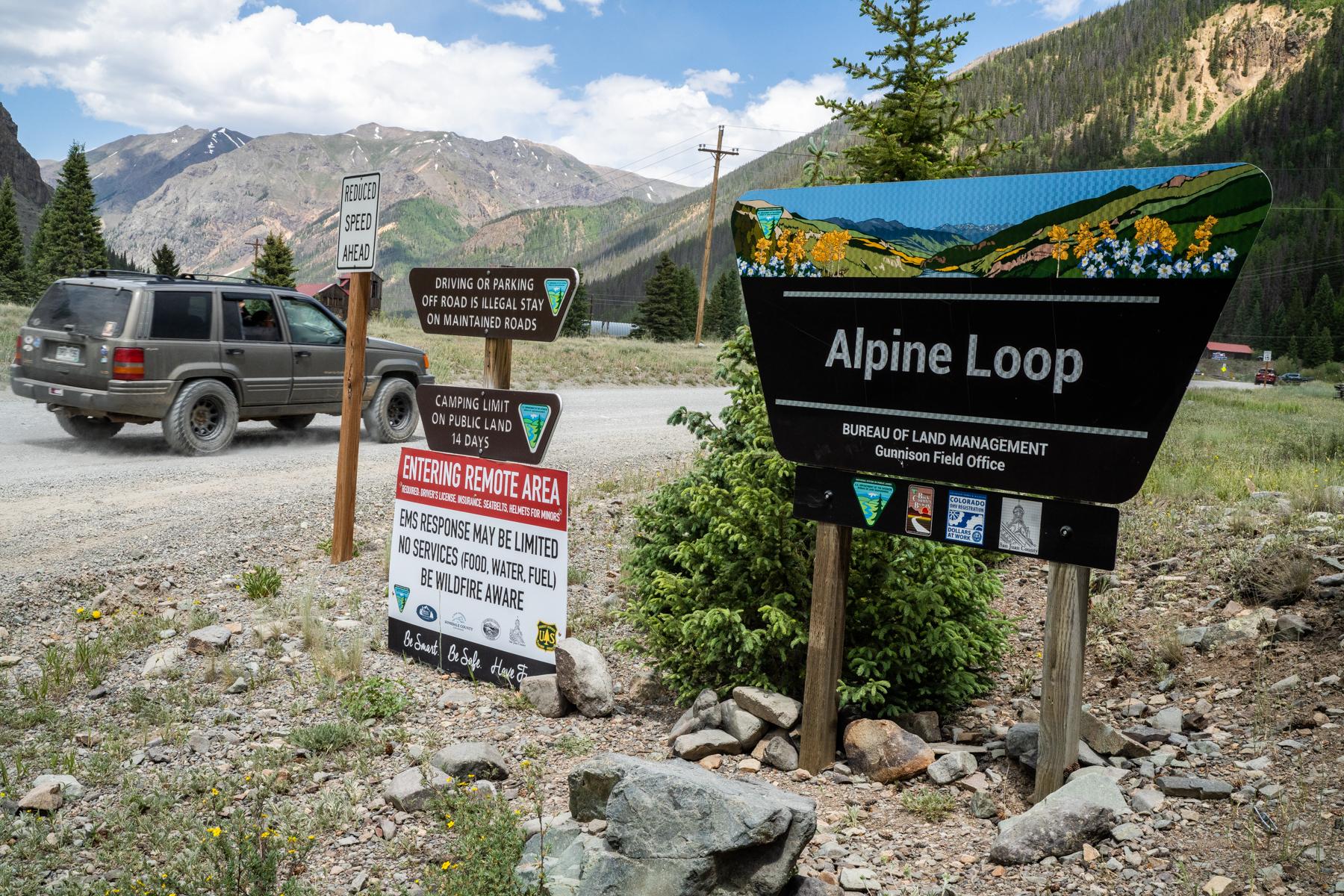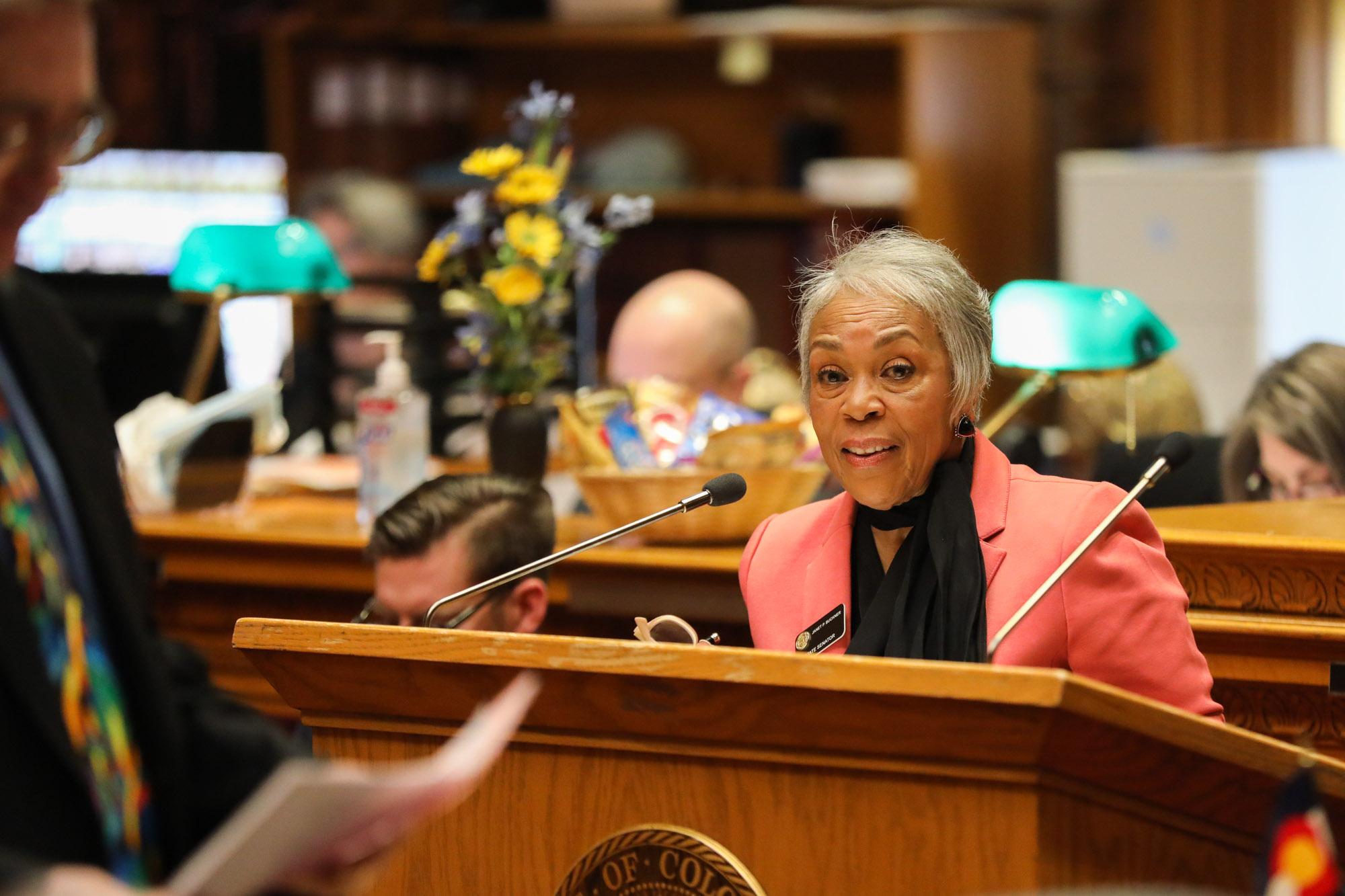
Medical cannabis is on the decline. Sales have dropped for 19 straight months in Colorado. That was the expectation as recreational stores took hold, but the data shows the declines have accelerated.
Tim Cullen, who runs Colorado Harvest in Denver, got into medical cannabis because he believed in its medicinal properties.
“It’s near and dear to my heart, because it’s how we started, and it’s what we feel passionate about, and still do,” Cullen said. “It’s hard to watch it just morph into a recreational market, but that is what’s happening.”
Ninety percent of Cullen’s sales are recreational, something he calls “a dramatic shift.” But it’s a shift Cullen and others were expecting.

There are about 200 recreational stores in Denver alone, helping to increase access and lower prices. Getting a medical card is also relatively onerous. A patient has to visit and pay for a physician, get a recommendation, file paperwork with the state and pay a small fee. Then they have to find a store and designate a caregiver.
“Or you can get the same or similar product on the recreational side, you pay a little more tax for it, but at the end of the day there’s a lot less planning and work that goes into it,” Cullen pointed out.
Recreational cannabis is taxed at a higher rate, but given how prices have fallen, someone would have to be a heavy user to notice a big difference in cost.
Since the peak of summer 2011, more than 40,000 patients have fallen off the medical marijuana registry. And since recreational stores opened in 2014, the registry has fallen more than 20 percent. There are now 88,143 patients in Colorado, according to Colorado Department of Public Health and Environment data.
The decline in medical patients, especially in the Denver metro, poses a challenge for dispensaries, in part because they need a certain number of patients to be allowed to grow a certain number of plants.
“Then you’re forever chasing patients, and then you’re worried about having too many plants should the patients drop off,” said Wanda James, owner of Simply Pure in Denver. “It becomes a ridiculous business model that the State of Colorado put together that makes absolutely no sense from a business standpoint or from a patient standpoint. And that’s why medical marijuana is not working.”
James doesn’t sell medical marijuana anymore at Simply Pure — but her customers are still using it medicinally.
“We see a lot of ‘medical’ patients who purchase from our adult use side,” James said.
Tim Cullen sees the same thing. His recreational customers are asking which strains relieve pain or help them sleep. What came as a surprise, was just “how many people on the recreational side are actually shopping for medical reasons.”
Medical marijuana isn’t snuffed out yet. Sales in June were down, but customers still bought $27 million in medical cannabis. There are still 88,143 patients on the state registry and in some parts of the state it is growing. El Paso county has seen its patient numbers jump 32 percent in the last five years, probably because Colorado Springs does not have recreational cannabis stores.
The trend remains clear though: medical is shrinking and marijuana companies are faced with tough decisions about the future of that side of their business.









